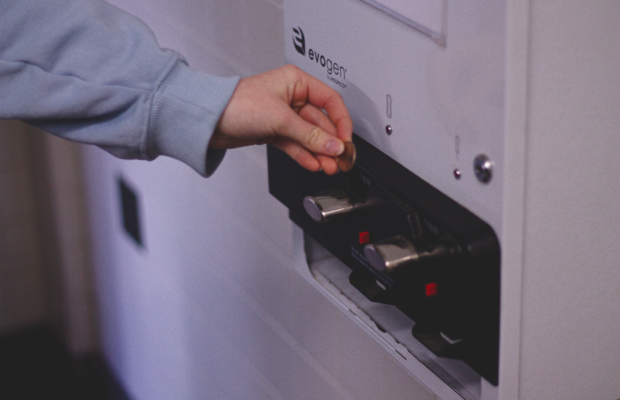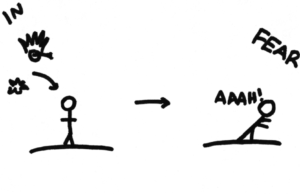Tampon costs outweigh that of toilet paper

Given that every single woman on the planet menstruates, it makes it all the more unreasonable and illogical that women throughout the world struggle with access to the necessary products. As an under-the-radar issue that has persisted long throughout history, unequal distribution of menstrual products is a simple problem with a simple solution.
Nearly 22 million women living in poverty are unable to afford necessary hygiene products on a regular basis, 21% are unable to afford the products on a monthly basis, and 64% of women have had trouble affording menstrual products at one point (Harvard Health Publishing). While poverty and financial struggle is obviously a universally-persistent issue, menstrual products are a basic human necessity, yet are not treated as such. For example, many shelters and outreach programs do not include menstrual products in their arsenal of provided materials.
The COVID-19 pandemic also contributed to the worsening of this issue. All across the world, people in poverty struggled with affording necessities due to economic strains. Despite being unrecognized, this same struggle deeply affected women in need of menstrual products. While being forced to ration money and conserve resources, period products were often pushed aside and not made a priority, forcing many women to improvise and neglect their needs.
Unfortunately, the stigma surrounding periods contributes to the lack of conversation surrounding this dilemma. Without a comfortable platform to express needs and struggles, period problems fly way under the radar and remain unattended to. The National Library of Medicine wrote an article regarding this topic called Period Poverty: A Neglected Public Health Issue. “Because menstruation, or the period itself, involves only one sex, it is understandable for some people not to consider menstrual products as one of the most important things in life. However, people live with both sexes; males are surrounded by females, and every family has a mother; therefore, it is important to have a mindset that menstrual products are essential,” (National Library of Medicine).
Until this global crisis is globally recognized, the necessary changes will never be made. As a basic life necessity of all women, period products should be treated as such. Free access to these products in public restrooms would allow women in poverty to access them the same way they do toilet paper and water, young girls to be able to attend school instead of staying home, and female society as a whole to function on a higher level.



